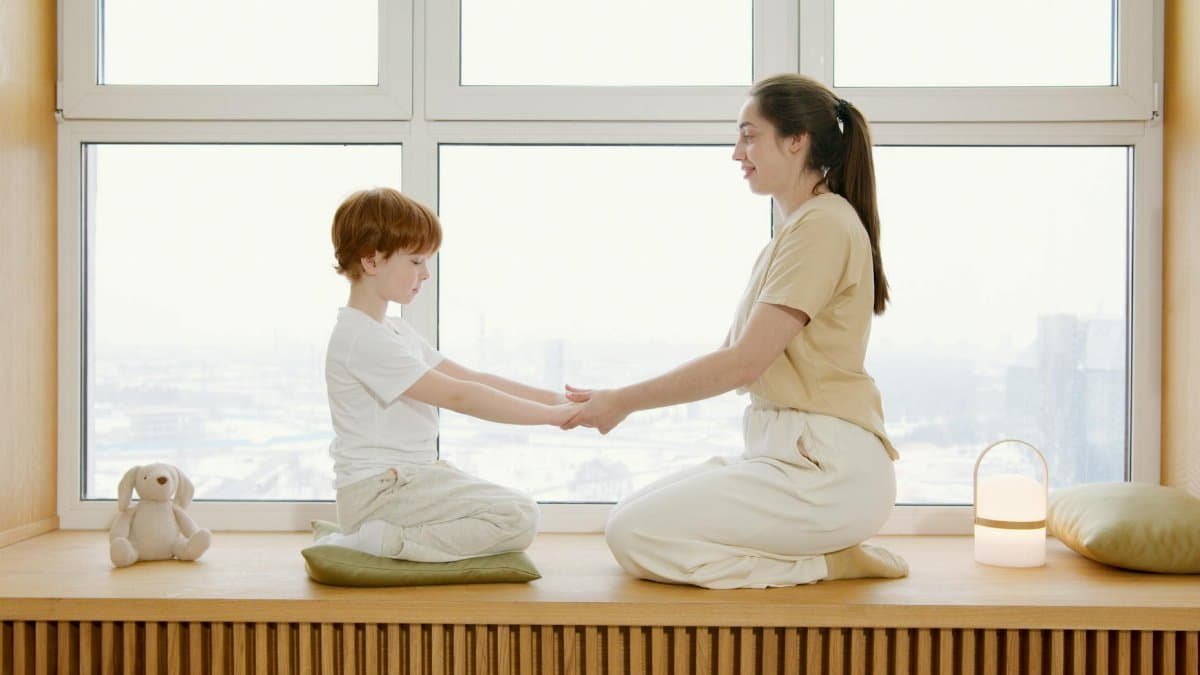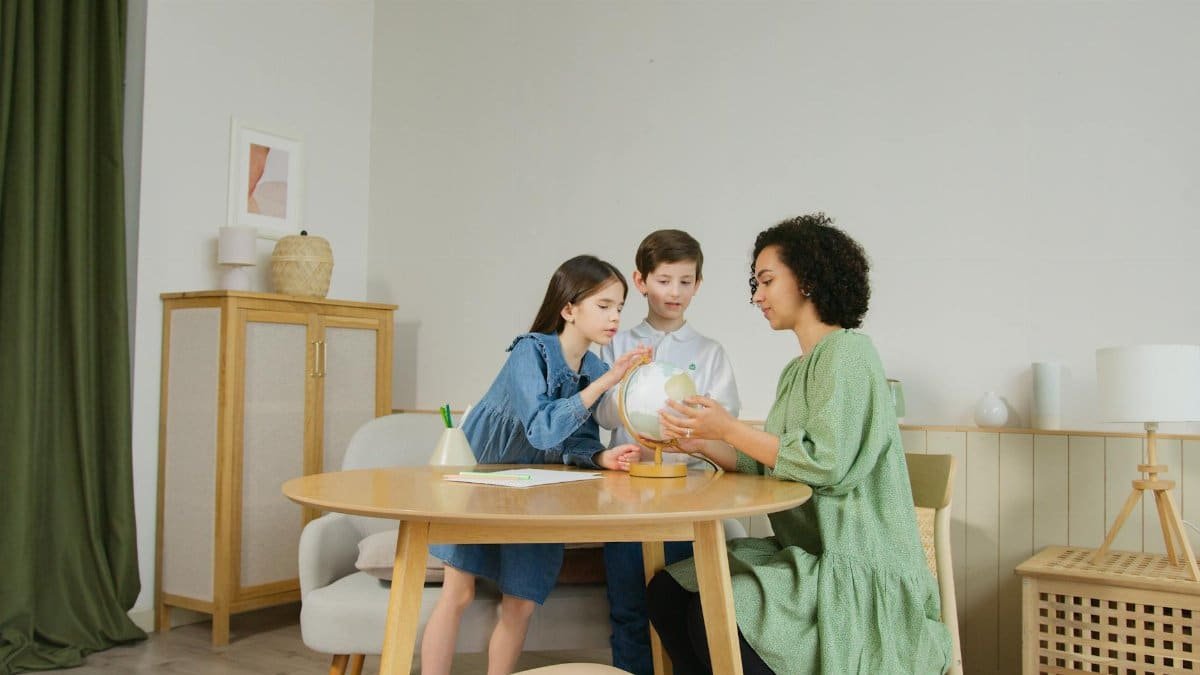Is mindfulness attention USC eye-tracking the key to sharper focus? A groundbreaking study from the University of Southern California suggests it might be. Published on September 7, 2025, in the journal eNeuro, this preregistered eye-tracking research reveals that practicing mindfulness meditation can significantly enhance reaction times and attentional control. What’s more, these benefits hold true across all age groups, challenging assumptions about cognitive decline. This finding could reshape how we approach mental training and aging, offering a simple yet powerful tool for maintaining focus in an increasingly distracted world.
Groundbreaking Study Unveils Mindfulness Benefits

A recent study conducted by researchers at the University of Southern California has put mindfulness meditation under the scientific spotlight. Using advanced eye-tracking technology, the team explored how this practice impacts attention and reaction speed. Published in eNeuro, the results are clear: mindfulness offers measurable improvements in cognitive performance. The study, released on September 7, 2025, provides hard evidence that a regular mindfulness practice can sharpen focus, regardless of a person’s age.
Eye-Tracking Technology Reveals Key Insights

The USC study employed cutting-edge eye-tracking methods to monitor participants’ visual attention and response times. This precise technology allowed researchers to capture real-time data on how mindfulness meditation influences the brain’s ability to focus. By tracking eye movements, the study provided a window into attentional control, showing that those who practiced mindfulness consistently outperformed a control group engaged with audiobooks. This innovative approach underscores the potential of mindfulness attention USC eye-tracking as a reliable measure of cognitive improvement.
Faster Reaction Times Across the Board

One of the most striking findings from the USC research is the impact of mindfulness on reaction speed. Participants who engaged in mindfulness meditation demonstrated noticeably quicker responses compared to the audiobook control group. This boost in reaction time wasn’t limited to a specific demographic—it was evident across all age groups studied. For anyone looking to enhance their mental agility, these results suggest that mindfulness could be a game-changer in daily life.
Attentional Control Gets a Significant Lift

Beyond reaction speed, the study highlighted mindfulness meditation’s role in improving attentional control. Participants showed a greater ability to maintain focus and resist distractions after practicing mindfulness. Compared to the control group, who listened to audiobooks, the mindfulness practitioners were better equipped to direct their attention where it mattered most. This finding points to mindfulness as a practical strategy for managing the constant barrage of information in modern life.
Age No Barrier to Cognitive Gains

Perhaps the most encouraging aspect of the USC study is its relevance to all ages. Whether young adults or older individuals, participants who practiced mindfulness saw consistent improvements in attention and reaction speed. This challenges the notion that cognitive decline is inevitable with age. Instead, the research suggests that mindfulness could serve as a protective factor, helping people maintain mental sharpness well into later years.
Comparing Mindfulness to Other Methods

The study’s design included a control group that listened to audiobooks, providing a direct comparison to mindfulness meditation. While audiobooks can be engaging, they didn’t produce the same cognitive benefits as mindfulness. The control group showed no significant improvement in reaction times or attentional control, highlighting the unique advantages of mindfulness practice. This contrast emphasizes that not all mental activities are equal when it comes to enhancing focus and cognitive performance.
Implications for Mental Training Programs

The findings from this USC study could have far-reaching effects on how mental training programs are designed. With evidence that mindfulness boosts attention and reaction speed across age groups, educators, therapists, and wellness coaches may increasingly incorporate meditation into their approaches. Schools, workplaces, and senior care facilities might adopt mindfulness as a core component of their programs, aiming to improve focus and mental resilience among diverse populations.
Supporting Research and Resources

For those interested in the specifics of this study, further details can be found through the journal eNeuro, where the full paper was published on September 7, 2025. Additionally, the University of Southern California’s research hub offers insights into ongoing studies on mindfulness and cognition, accessible at USC Research. For broader context on mindfulness benefits, the National Institutes of Health provides valuable resources at NIH, including summaries of related studies and health impacts.
Why Mindfulness Matters in 2025

As distractions multiply in our digital age, the need for effective focus strategies has never been greater. The USC study on mindfulness attention USC eye-tracking arrives at a critical time in 2025, offering a scientifically backed method to combat mental overload. Whether for students cramming for exams, professionals juggling deadlines, or seniors aiming to stay sharp, mindfulness presents a low-cost, accessible way to enhance cognitive performance. This research could mark a turning point in how we prioritize mental health and attention training.
